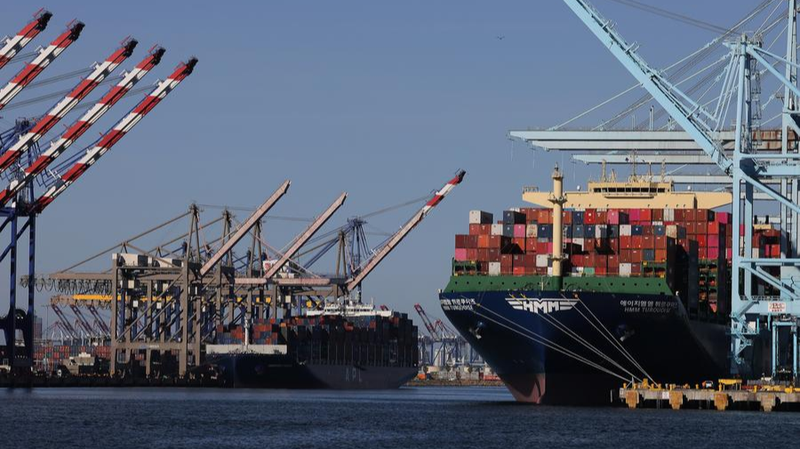Starting Tuesday, the U.S. will impose new port fees on vessels tied to the Chinese mainland. On paper, it looks like a routine policy update — but it reads like a covert tariff aimed at reshaping global trade norms.
Market watchers point out that this so-called "service fee" applies only to ships linked to the Chinese mainland by ownership, flag or construction. By singling out a specific group of vessels, the measure abandons the principle of non-discrimination that underpins a "rules-based international order."
Rather than investing in its own shipbuilding industry — which has seen decades of decline — the U.S. opts to handicap competitors. This pattern isn't new: when domestic players fall behind, the rulebook gets rewritten midgame. Protectionism cloaked as policy reform may fly under the radar, but it comes at a real cost.
From freight rates to route planning, businesses across the globe could feel the ripple effect. Shippers may reroute cargo to avoid added fees, delivery timelines could stretch, and companies might pass higher costs onto consumers. Ironically, American businesses and shoppers could end up footing the bill.
Global supply chains are already fragile after the pandemic and geopolitical shifts. Disrupt one link — and the domino effect spreads quickly. Critics warn that the U.S.'s selective rule-making undermines its credibility as a champion of free trade and raises questions about the future of collaborative economic leadership.
As the debate unfolds, one thing is clear: calling for predictability abroad means little if policies back home rewrite the rules as they go.
Reference(s):
U.S. port fees on Chinese vessels is protectionism clothed as policy
cgtn.com




